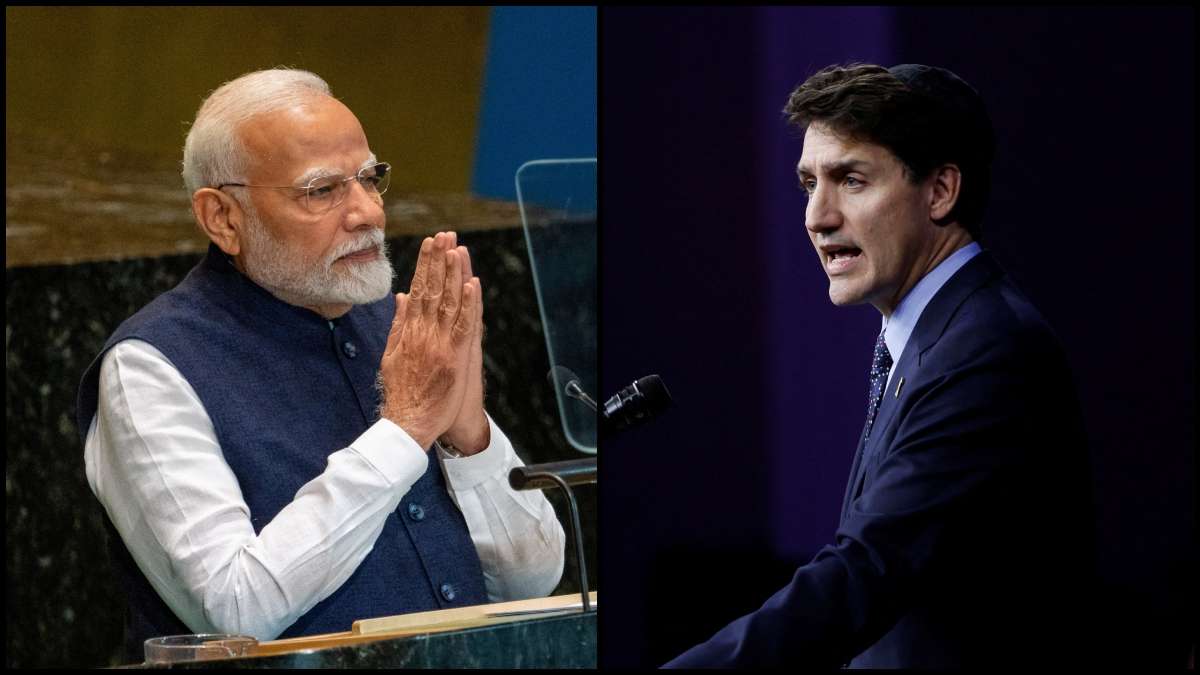 |
|
The relationship between India and Canada has reached a new level of tension, fueled by a series of events, most notably Canadian Prime Minister Justin Trudeau's acknowledgment of the presence of Khalistani supporters within Canada. This admission, made during his Diwali address to parliamentarians, has further strained relations already frayed by the assassination of Hardeep Singh Nijjar, a key figure in the Khalistan movement, in June 2023. Trudeau's statement, while attempting to differentiate between extremists and the broader Sikh community, has been met with strong reactions from both India and the Sikh community in Canada.
The assassination of Nijjar in Surrey, British Columbia, sparked a diplomatic row as Trudeau's government publicly suggested Indian state actors might have been involved. India vehemently denied any involvement and condemned Trudeau's remarks as politically motivated. This accusation remains a central point of contention, with India consistently demanding evidence from Canada. While Trudeau initially claimed Canadian intelligence agencies suspected Indian involvement, he later admitted during a public inquiry in October that Canada lacked concrete proof to support these allegations. Despite this, India continues to request tangible evidence, highlighting the lack of trust and transparency between the two nations.
The situation further escalated with violence breaking out at a Hindu temple in Brampton, Ontario. Videos circulating on social media depicted clashes between protesters and devotees, with some protesters wielding poles. The violence, linked to the presence of Khalistani supporters in Canada, has raised concerns about the safety of Indian citizens residing in the country. India's Ministry of External Affairs condemned the violence as a coordinated operation by anti-India forces and expressed serious apprehensions about the safety of Indians seeking consular services at such events. Trudeau also condemned the violence, emphasizing the right of all Canadians to practice their beliefs without fear of oppression. However, the incident underscores the growing tension and the potential for further escalation within the Canadian Sikh community.
The broader impact of these events extends beyond the immediate diplomatic fallout. India has expressed concern about the growing influence of pro-Khalistani groups in Canada and the perceived lack of action by the Canadian government to curb their activities. Canada, on the other hand, has voiced frustration over India's perceived disregard for Canadian sovereignty in the case of Nijjar's killing. Despite high-level discussions at events like the G20 Summit, the crisis remains unresolved. Trudeau's admission about the lack of concrete evidence linking India to the assassination further complicates the situation. The diplomatic standoff highlights the complex issues of minority rights, national security, and international diplomacy that both governments must navigate. The international community is closely watching how Canada and India handle the fallout, which could have implications for future discourse on national security and international relations.
Source: Tensions set to escalate between India and Canada as Trudeau acknowledges Khalistani presence
